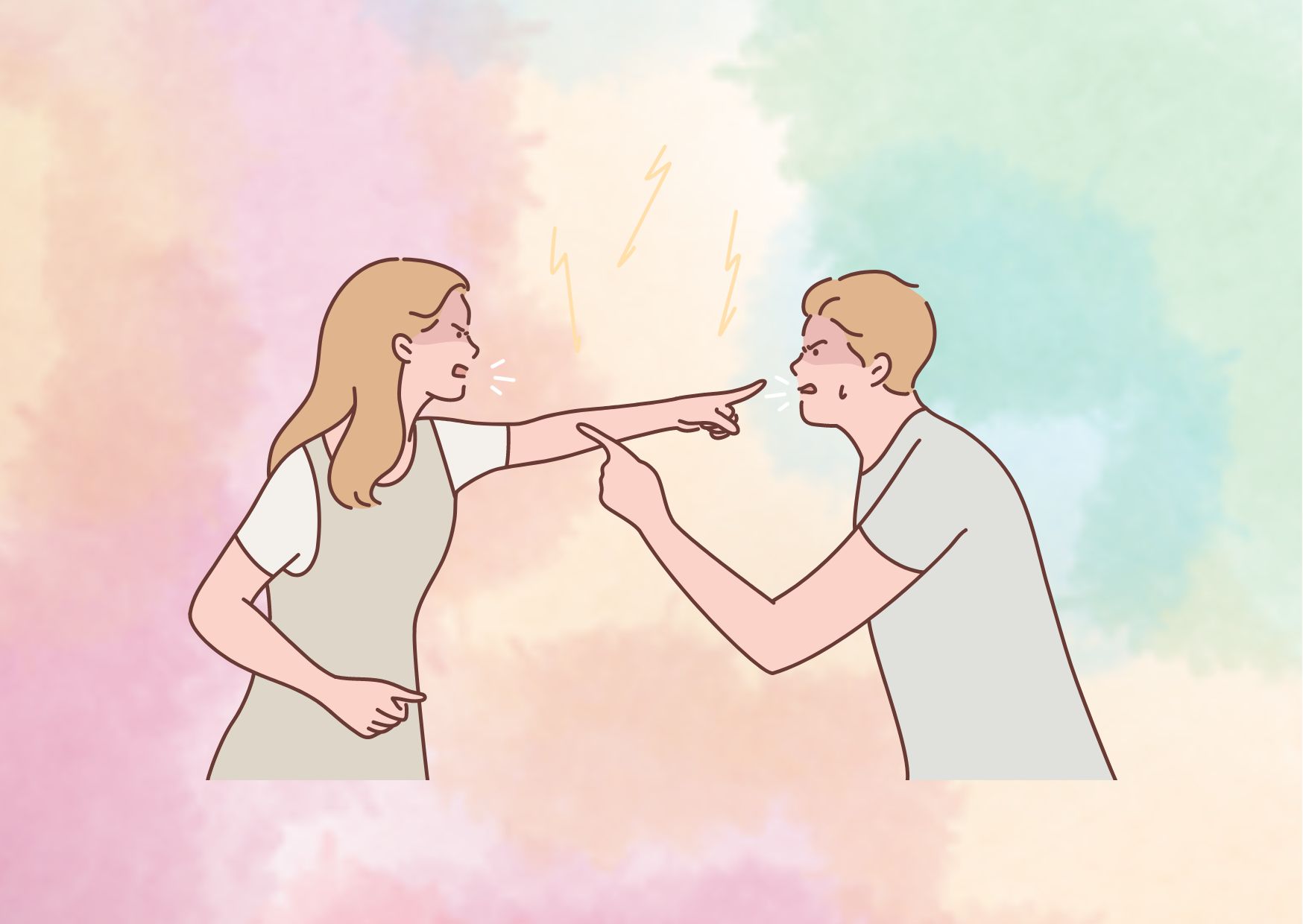Arguing with a Bipolar Person: 8 Effective Strategies for Healthy Communication
Table of Contents
- Understanding Bipolar Disorder
- The Impact of Anger in Bipolar Disorder
- Challenges in Arguing with a Bipolar Person
- Communication Strategies for Healthy Relationships
- Seeking Treatment and Support
- Final Thoughts
- Frequently Asked Questions
Understanding Bipolar Disorder
Bipolar disorder is a complex mental health condition characterized by significant mood variations, ranging from depressive lows to manic highs. It is caused by various factors, including genetic predisposition, chemical imbalances in the brain, and environmental influences. Individuals with bipolar disorder may experience extreme shifts in mood, energy levels, and behavior, which can significantly impact their daily lives and relationships.
It is important to note that bipolar disorder is not simply a matter of being moody or having occasional mood swings. It is a clinically diagnosed condition that requires proper understanding and support from loved ones. By educating ourselves about bipolar disorder, we can better navigate conversations and arguments with empathy and compassion.
The Impact of Anger in Bipolar Disorder
While anger is not considered a primary symptom of bipolar disorder, it can manifest intensely and unpredictably during both manic and depressive phases. Individuals with bipolar disorder may experience heightened irritability, restlessness, and impulsivity, which can contribute to arguments and conflicts in relationships. It is crucial to recognize that the anger experienced by someone with bipolar disorder is often beyond their control and not a reflection of their true character.
During manic episodes, anger may present as irritability and a tendency to overreact to minor disagreements or perceived slights. On the other hand, during depressive episodes, anger may be more internalized, leading to feelings of self-loathing, resentment, and irritability. Understanding these manifestations of anger in bipolar disorder can help us approach arguments with greater empathy and patience.
Challenges in Arguing with a Bipolar Person
Arguing with a bipolar person can be emotionally challenging and may escalate quickly if not handled with care. It is essential to approach arguments with understanding and compassion, recognizing the unique challenges faced by individuals with bipolar disorder. Here are some common challenges that may arise:
- Intense Emotional Responses: Bipolar disorder can amplify emotions, making arguments more volatile and intense. It is important to remember that the person may be struggling to regulate their emotions and may have difficulty expressing themselves effectively.
- Misinterpretation of Intentions: During manic or depressive episodes, individuals with bipolar disorder may misinterpret the intentions of others, leading to misunderstandings and conflicts. It is crucial to clarify intentions and provide reassurance during arguments.
- Impulsivity and Impaired Judgment: Manic episodes can lead to impulsive behaviors and impaired judgment, which may result in rash decisions or statements during arguments. It is important to approach these situations with patience and avoid reacting impulsively.
- Emotional Exhaustion: Both the bipolar individual and their loved ones may experience emotional exhaustion due to the frequent mood swings and arguments. It is important to prioritize self-care and seek support when needed.
Communication Strategies for Healthy Relationships
Effective communication is vital for maintaining healthy relationships, especially when interacting with someone who has bipolar disorder. By adopting certain strategies, we can promote understanding, empathy, and constructive conversations. Here are some communication strategies to consider:
1. Choose the Right Time and Place
Timing is essential when addressing sensitive topics or engaging in arguments with a bipolar person. Choose a calm and private setting where both parties can feel comfortable expressing their thoughts and emotions without distractions. Avoid discussing important matters during manic or depressive episodes, as it may not be the most conducive environment for constructive communication.
